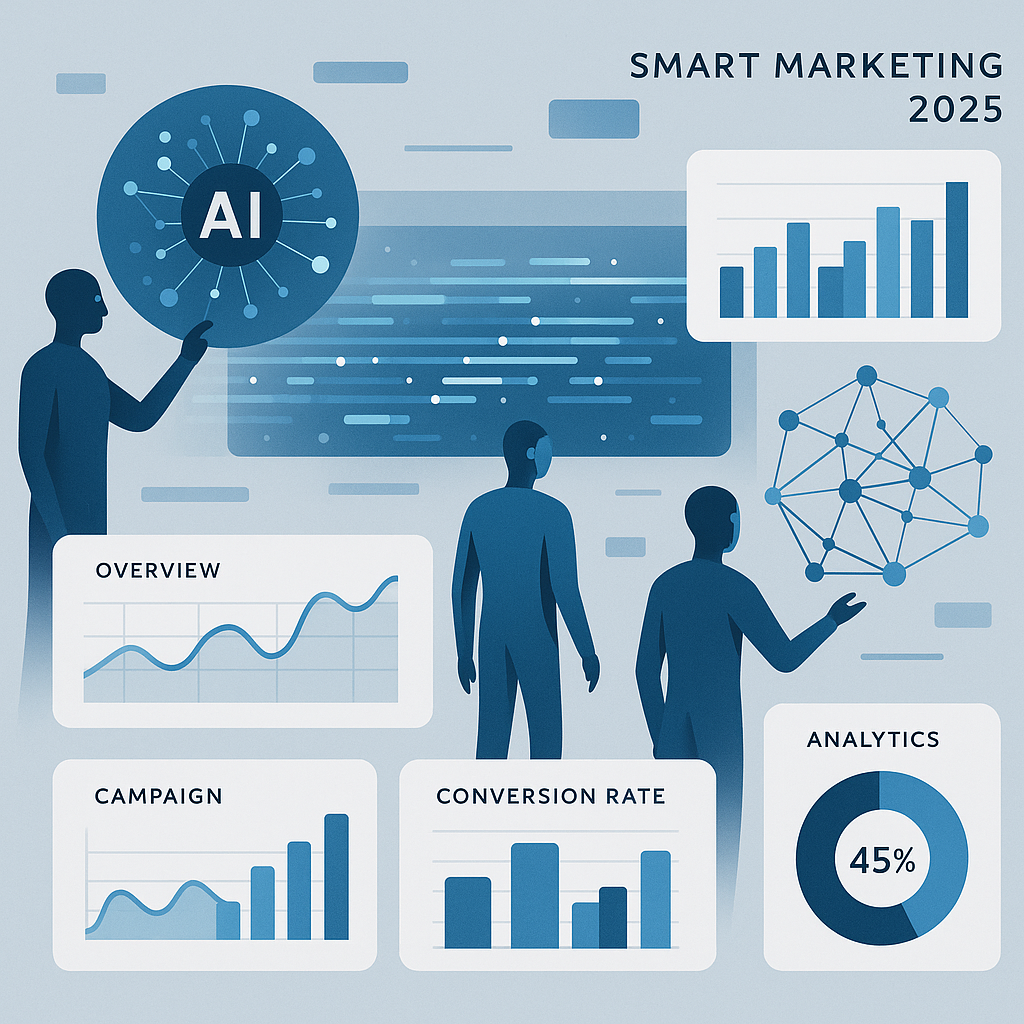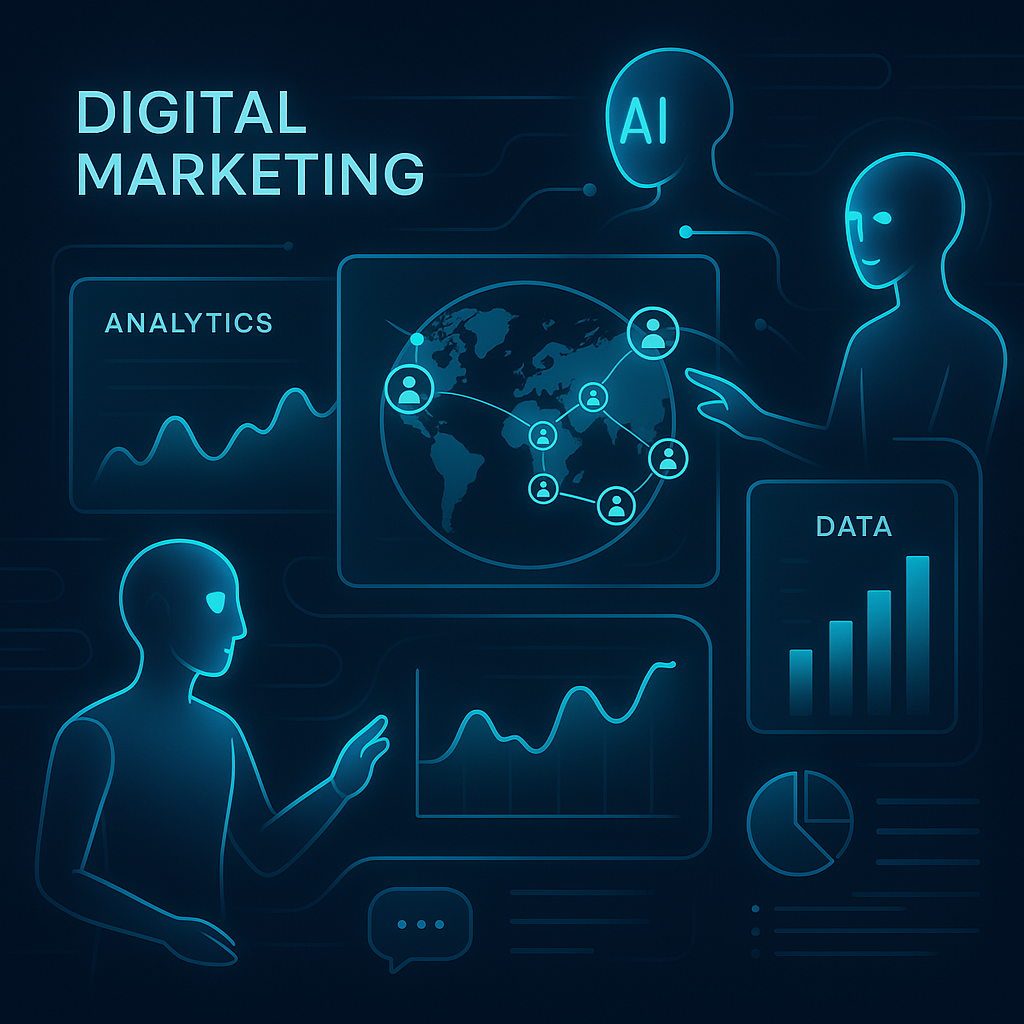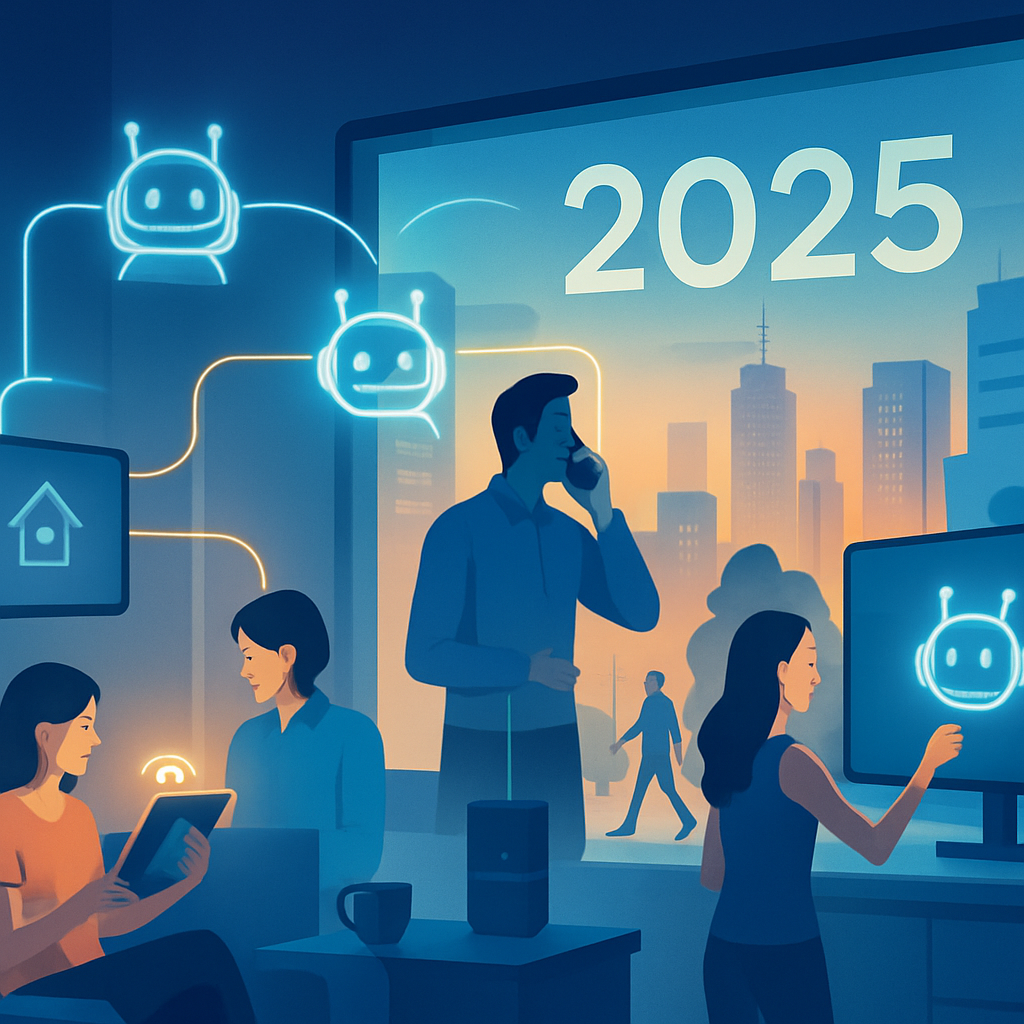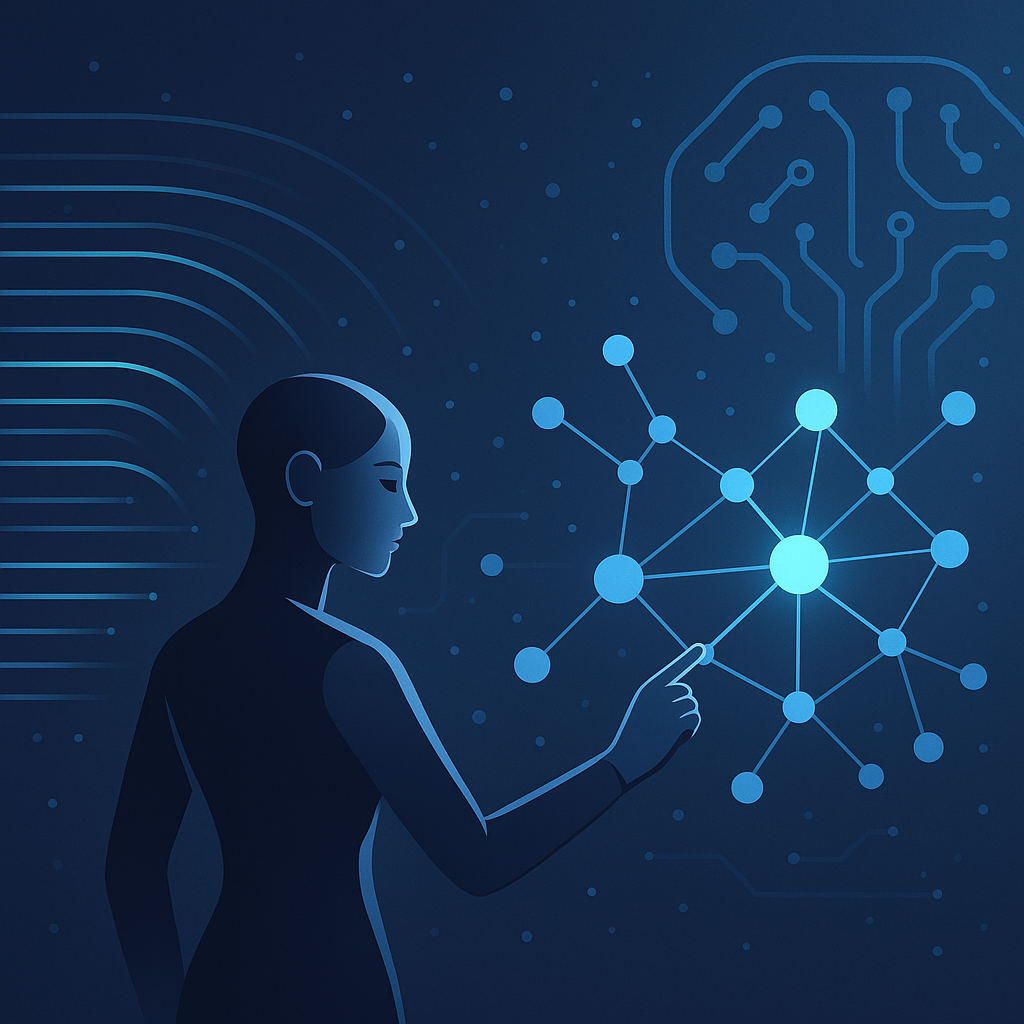
Harnessing Intelligent Agents in Digital Marketing for Smarter Campaigns
Introduction: The AI Evolution in Digital Marketing
In 2025, digital marketing stands at the crossroads of transformation, largely propelled by breakthroughs in artificial intelligence (AI) and the growing sophistication of intelligent agents. These AI-powered entities don’t just automate tasks—they harness deep knowledge and context to make insightful decisions. The confluence of AI, intelligent agents, and domain knowledge creates a fertile ground for marketers to craft campaigns with unprecedented precision and agility.
Understanding Intelligent Agents in the AI Landscape
Intelligent agents are autonomous software systems designed to perceive their environment, reason about it, and act to fulfill assigned goals. Unlike basic automation tools, these agents apply knowledge in ai—gleaned from large datasets and domain-specific information—to dynamically adjust strategies. Key characteristics include:
- Autonomy: Operate without continuous human input.
- Adaptability: Evolve strategies based on real-time data.
- Goal-Orientation: Optimize for objectives such as engagement, conversion, or brand awareness.
Within digital marketing, intelligent agents serve as decision-making collaborators, monitoring campaign performance and customer interactions to optimize outcomes efficiently.
Applications of Intelligent Agents in Digital Marketing
1. Hyper-Personalized Customer Journeys
Intelligent agents analyze vast arrays of user data—behavioral patterns, preferences, purchase history—and apply AI-driven knowledge models to tailor content and offers uniquely per individual. These personalized experiences increase relevance, boosting engagement and conversion rates.
For example, a travel brand’s intelligent agent might dynamically recommend destinations, travel packages, and content based on the latest customer interactions and broader market trends, adjusting messaging instantly.
2. Real-Time Campaign Optimization
Traditional campaigns rely heavily on scheduled adjustments; intelligent agents, however, operate continuously. By ingesting live data streams such as click-through rates, social sentiment, and competitor actions, they reallocate budgets, alter bidding strategies in paid channels, and refine targeting instantly.
This results in hyper-responsive campaigns that maximize ROI and reduce wasted spend.
3. Conversational Marketing with AI Assistants
More than simple chatbots, intelligent agents in conversational marketing carry embedded knowledge bases combined with learning algorithms. They deliver meaningful interactions—answering intricate queries, upselling services, or guiding purchase decisions—while learning from each interaction to improve future engagements.
4. Predictive Customer Insights
By integrating machine learning models with knowledge graphs and domain expertise, intelligent agents forecast customer lifetime value, churn probability, and purchasing patterns. These insights enable marketers to proactively design retention strategies, loyalty programs, or targeted incentives before customers disengage.
How Knowledge Integration Enhances Intelligent Agents
The power of intelligent agents amplifies when combined with knowledge in AI. This involves integrating structured knowledge sources—ontologies, taxonomies, and semantic networks—into AI models to provide context and reasoning capabilities beyond raw data patterns. Benefits in digital marketing include:
- Improved Context-Awareness: Agents understand relationships among concepts such as product attributes, customer sentiment, and market trends, allowing nuanced decision-making.
- Robustness Against Data Noise: Domain knowledge helps disambiguate confusing signals and mitigate misleading trends.
- Explainability: Knowledge-enriched agents can provide transparent reasoning behind marketing adjustments, building trust among stakeholders.
Case Study: AI-Powered Intelligent Agents in a Multichannel Campaign
Consider a global apparel brand launching a sustainability-themed campaign. Intelligent agents were deployed across email, social media, and programmatic ads, leveraging AI-driven knowledge about customer segments, environmental interests, and product offerings.
- Segmented Messaging: Agents personalized content emphasizing recycled materials for eco-conscious customers while highlighting fashion innovation for trend-focused segments.
- Adaptive Budgeting: Real-time performance data guided agents to shift spend toward platforms and creatives demonstrating higher engagement.
- Conversational Support: A virtual assistant handled complex inquiries about product sourcing and manufacturing practices, enhancing brand transparency.
The campaign achieved a 25% uplift in conversion compared to prior efforts and increased positive brand sentiment across digital channels.
Challenges and Ethical Considerations
While intelligent agents bring transformative potential, marketers must navigate challenges:
- Data Privacy: Ensuring user data is collected and processed ethically under evolving regulations such as GDPR and CCPA.
- Bias Mitigation: Preventing AI-driven decisions from perpetuating discriminatory patterns by auditing training data and agent behavior.
- Transparency: Maintaining clear disclosures about AI interaction to retain customer trust.
Balancing these concerns is essential for sustainable, responsible AI-driven marketing.
The Future Outlook: Towards Smarter, Autonomous Marketing Ecosystems
As AI advances, intelligent agents will increasingly collaborate in ecosystems where marketing, sales, and customer relations converge seamlessly. Emerging trends include:
- Cross-Channel Orchestration: Unified agents coordinating campaigns across diverse platforms to deliver consistent, context-aware messaging.
- Enhanced Emotional Intelligence: Agents recognizing and responding to customer emotional states through natural language and behavioral cues.
- Human-AI Hybrid Teams: Marketers working alongside intelligent agents to blend human creativity with machine precision.
Conclusion
Harnessing intelligent agents endowed with AI-driven knowledge marks a revolutionary shift in digital marketing. These agents empower smarter, agile campaigns that intimately resonate with customers and continuously optimize themselves. By integrating robust knowledge bases, marketers unlock deeper contextual insights and leverage AI’s full potential ethically and transparently. The journey to truly intelligent marketing ecosystems is underway, reshaping how brands engage audiences in profoundly innovative ways.







